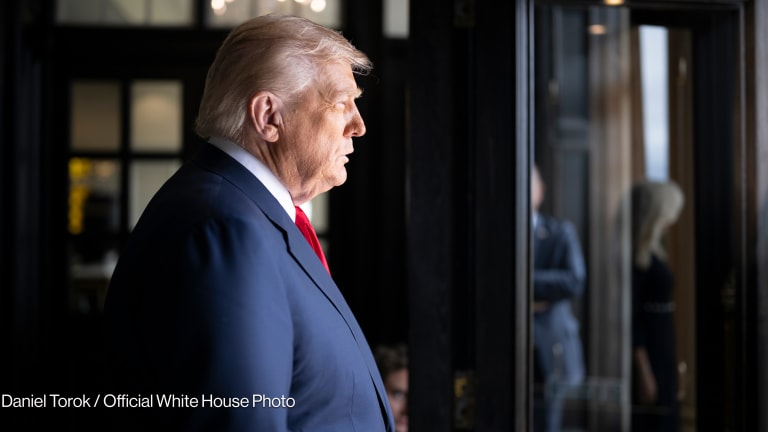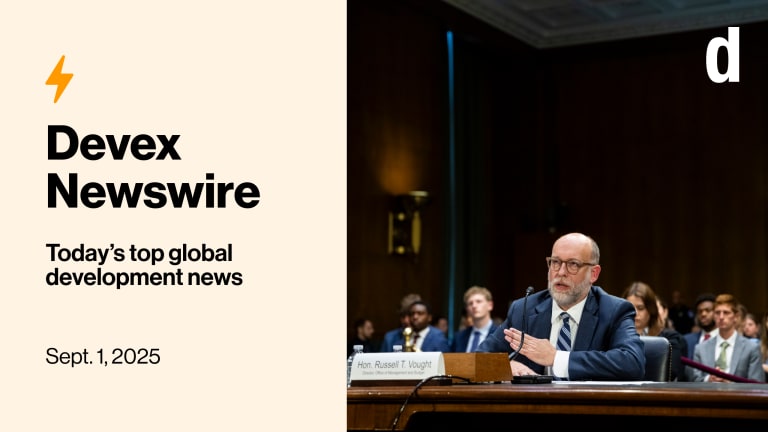The White House proposed another budget “rescission” on Friday, which would cancel roughly $5 billion in U.S. foreign aid funding that Congress already approved in previous fiscal years, but which the Trump administration has deemed wasteful in its broadside attack on global development programs.
This proposal builds on the cancellation of roughly $8 billion in foreign aid funding earlier this summer, but adds an additional wrinkle. Because it was submitted so close to the end of the fiscal year on Sept. 30, the funds in question will expire regardless of whether Congress votes for or against the administration’s request.
This controversial maneuver — known as a “pocket rescission” — has not been used since 1977, and is poised to intensify the battle over whether the Trump administration’s aggressive budget cuts violate the U.S. Constitution, which gives Congress authority over federal spending.








